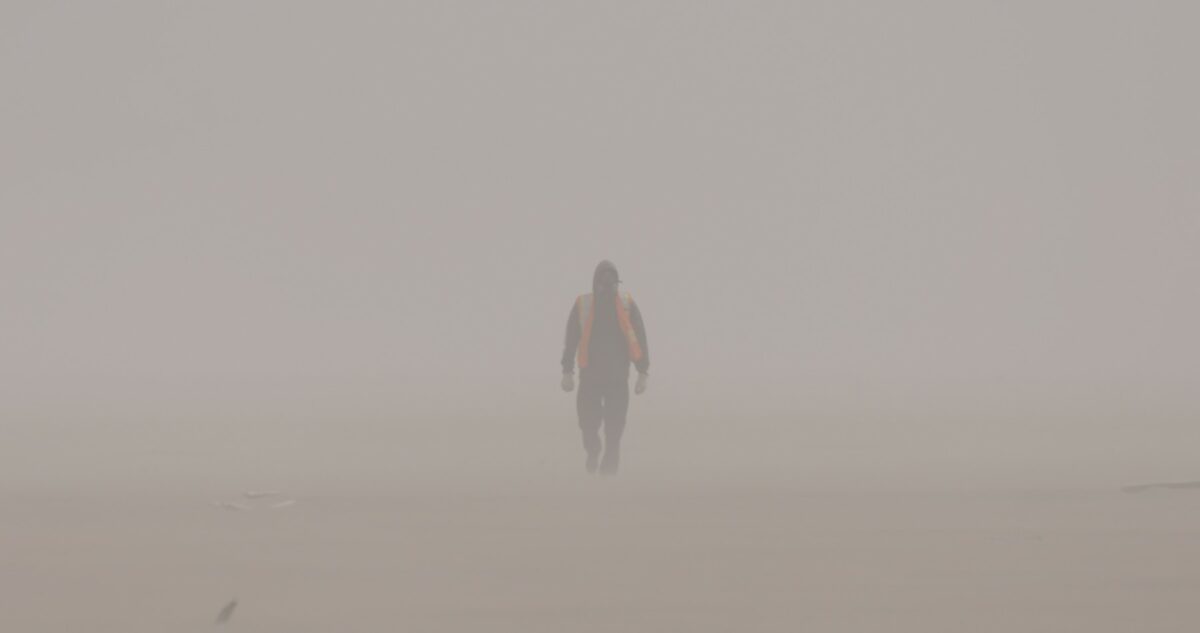What does it mean when everything you, your family and everyone in your community knows is literally washed away? Well, you are probably living in a similar situation to the Tsay Keh Dene Nation. As a class, we had the opportunity to attend a viewing of The Scattering of Man followed by a panel. The video was informative and heart-wrenching to watch. Personal testimonies about the impacts both emotional and medical made me want to immerse myself in any outlet that could help. I was astonished by the sheer turnout to the film, there were more community members than UNBC students and everyone was hanging on to each second of the film.
The expectation was that our class attend the film because it was an amazing experience. That being said, what was I going to get out of it? I knew that we were going to write a blog post, but that is a rather surface-level reason to attend such a personal function. I had to think about it a lot. I decided that the reason I would be attending was community. I would be there with my peers for education so we could learn together. I would be there as a student from UNBC to support our professor that has been personally impacted by the WAC Bennett Dam, and I was there to understand the ways this is contributing to generational trauma in the community.
My biggest surprise and takeaway was during the panel. There was a hydro employee who was put on the spot about why nothing was being done to support the Tsay Kay Dene. He was humble about not knowing why, and that he was there to learn and not take away from the film. He was followed by an elder talking about his perception of reconciliation. The thought that reconciliation has become just another pretty word people say. The elder was looking for action and I think that is a great focus for a group of future teachers. How can we bring action in the name of reconciliation into the classroom?
Photo Credits: https://trentofestival.it/en/2022-edition/program/movies/d%C9%99ne-yiinjetl-the-scattering-of-man/
